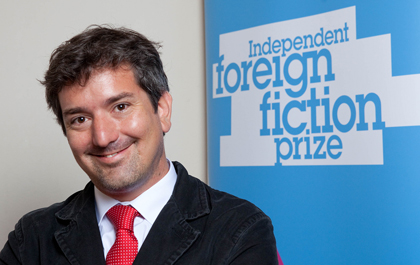My latest blog for Huffington Post UK:
Last month UK-based company Monterrico Metals agreed to an out-of-court settlement to 33 Peruvian farmers over claims of abuse during protests in Rio Blanco in northern Peru in 2005. As incoming President Ollanta Humala lines up his cabinet, there are still many questions hanging over the exploitation of Amazon territory and the treatment of indigenous communities.
As with many other Latin American countries, Peru is no stranger to protests over mineral exploitation or other energy-related projects. Yet as a country which has some of the most sought after mineral resources in the world, the recent case with Monterrico has exposed the ugly side of foreign investment in Peru. In August 2005, 33 farmers were taking part in a protest over human rights when they were detained and tortured at a copper mine owned by Monterrico in Rio Blanco. Five protesters were shot and two female protesters were sexually abused in the attack. Although the exact amount of compensation has not been disclosed, the settlement marks a significant milestone in accountability and corporate social responsibility for mining companies in the country. Richard Meeran, a partner at UK firm Leigh Day & Company that represented the farmers, said “This constitutes a salutary lesson for multinationals operating in developing countries.”
Published on 08-08-11. Read on here



